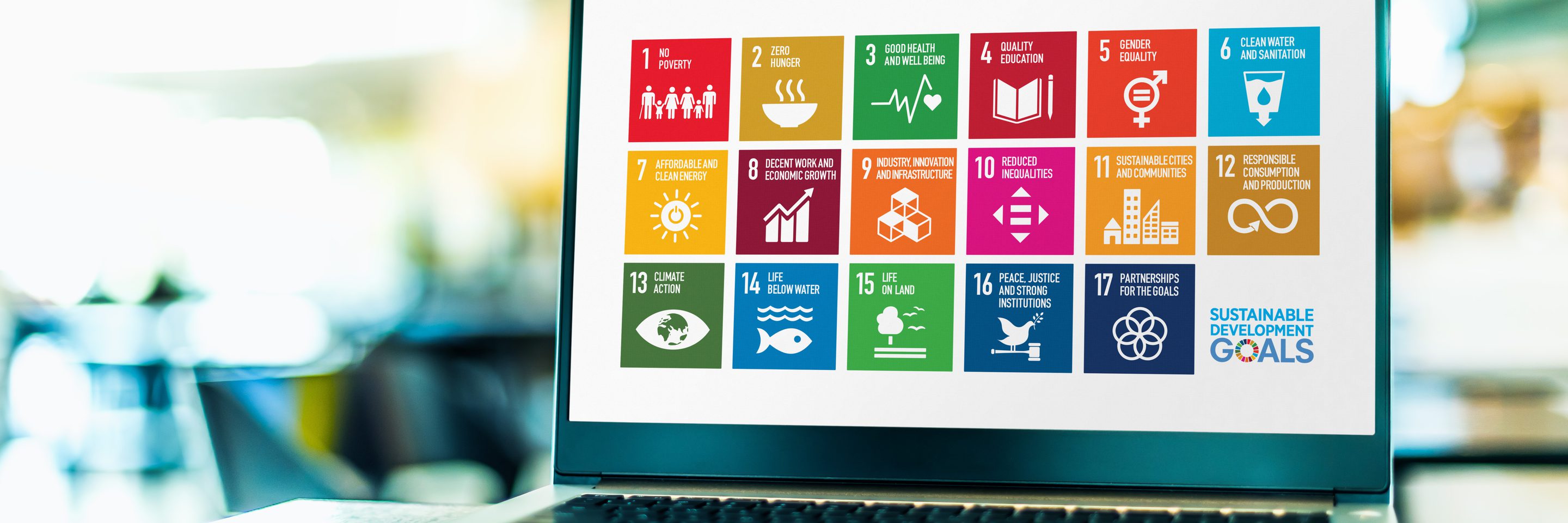
Only organizations with a solid sustainability plan will be able to be competitive in the long term
Many organizations are beginning to focus on sustainability, driven by a variety of motives such as meeting customer requirements, differentiating themselves from competitors, or out of conviction. While many already engage in sustainable activities such as work-life balance, carbon footprint reduction, and community support, these initiatives are often haphazard and not aligned with stakeholder priorities.
To advance sustainability, it is crucial to conduct an initial diagnostic to identify positive and negative impacts, understand stakeholder concerns, and assess whether these requirements are being met. With these findings, a sustainability plan can be established that includes short-, medium- and long-term objectives and actions in the environmental, social and governance dimensions, aligned with the 2030 Agenda and the UN Sustainable Development Goals (SDGs).
Only organizations with a solid sustainability plan will be able to be competitive in the long term, as consumers' social and environmental awareness has increased and penalizes companies that do not integrate sustainability into their business strategy.
Services
ESG diagnosis and strategy
- Identification and prioritization of stakeholders.
- Conducting sustainability diagnostics
- Elaboration of sustainability plans
- Advice on the evaluation of the level of sustainability of organizations: Ecovadis, etc.
Agenda 2030
- Alignment of the sustainability strategy with the 2030 Agenda and the Sustainable Development Goals (SDGs).
Legal advice
- Consulting on sustainability regulations: identification and update of legal requirements.
Sustainability models
- Implementation of sustainability and social responsibility management systems: IQNet SR 10, SGE 21, integration with ODS, etc.
Studies and reports
- Development of reports, guides, manuals, best practice documents, etc. related to sustainability.











